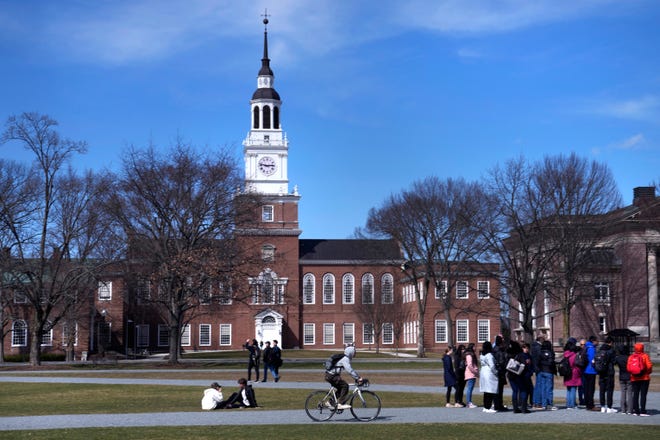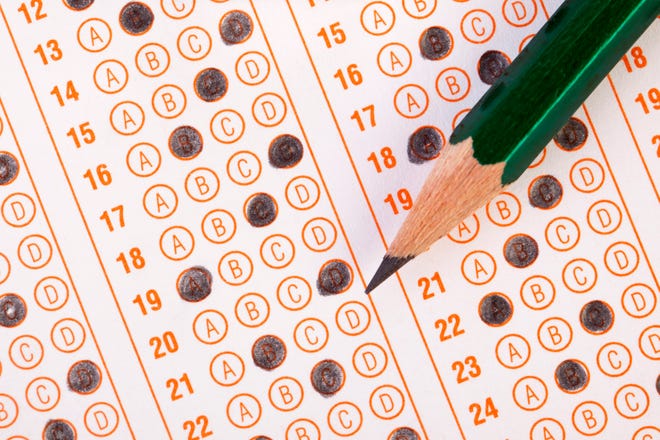During this summer, a team of students from MIT embarked on a journey to the sou …
Ivy League School Reintroduces SAT and ACT Admission Tests Based on Study Findings
Emma Wordsmith

Dartmouth University will reintroduce the standardized test requirement for undergraduate applicants, reversing a policy change made nearly four years ago due to the global pandemic.
The university clarified that the “test-optional admission policy” implemented in June 2020 was intended as a temporary measure in response to the circumstances at the time, as other higher education institutions had also adopted similar policies, according to a statement from Dartmouth College.
Dartmouth is the first Ivy League school to reinstate the standardized testing requirement, while other Ivy League universities such as Harvard, Columbia, and Cornell waived the requirement for this academic year, as reported by CBS News.
Dartmouth’s decision to reintroduce the requirement for the Class of 2029 is based on data collected during the four-year pause on testing. The university conducted an extensive investigation into the role and value of testing in the admissions process and concluded that a standardized testing requirement would enhance their ability to attract the most promising and diverse students.
Dartmouth College stated, “We believe a standardized testing requirement will improve—not detract from—our ability to bring the most promising and diverse students to our campus.”
Here’s what we know:
Study validates the value of standardized testing

An in-house research study conducted by Dartmouth found that standardized testing is a valuable component of the university’s undergraduate application process. It enables them to admit a more diverse range of high-achieving students, especially those from less-resourced backgrounds.
Dartmouth sees standardized testing as an opportunity to identify top performers from various environments. The study also revealed that the optional testing policy deterred some low-income students from submitting scores, even when those scores could have positively influenced admissions decisions.
The findings support Dartmouth’s longstanding practice of considering testing within a holistic review of applicants. The university emphasizes that while test scores are just one data point among many, they can be helpful in evaluating candidates.
‘Holistic’ approach will inform future changes
Dartmouth College stated that their holistic admission guidelines, established in 1921, will continue to guide their decision-making processes. They believe that considering the whole person remains relevant and that contextualized testing will be one of several factors in the application evaluation.
“As always, the whole person counts, as do the environmental factors each person navigates. And, as always, we will evaluate and reframe Dartmouth’s undergraduate admission requirements as the data and the evidence informs us,” according to Dartmouth.


